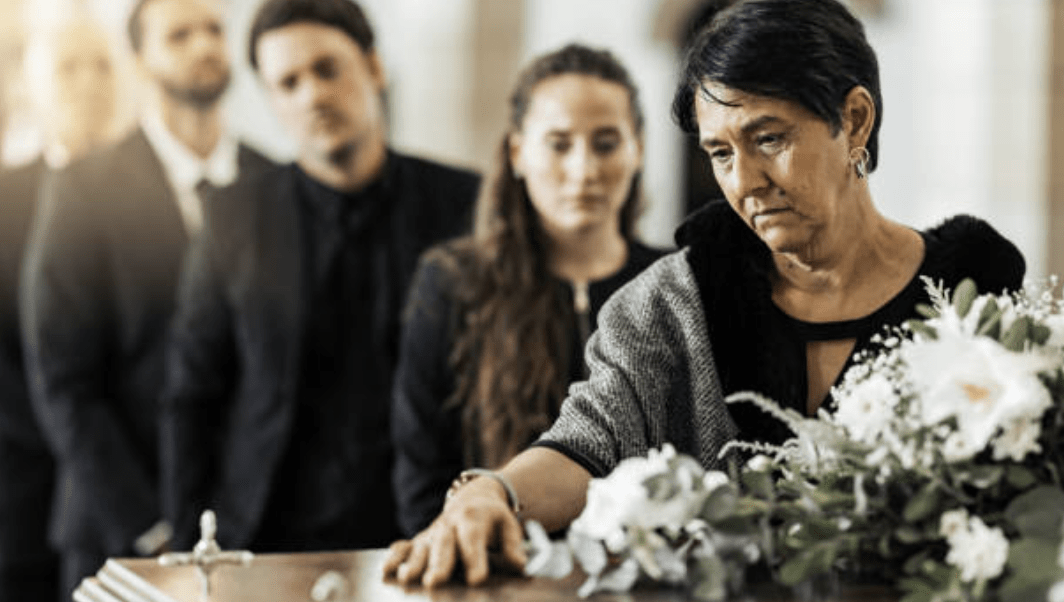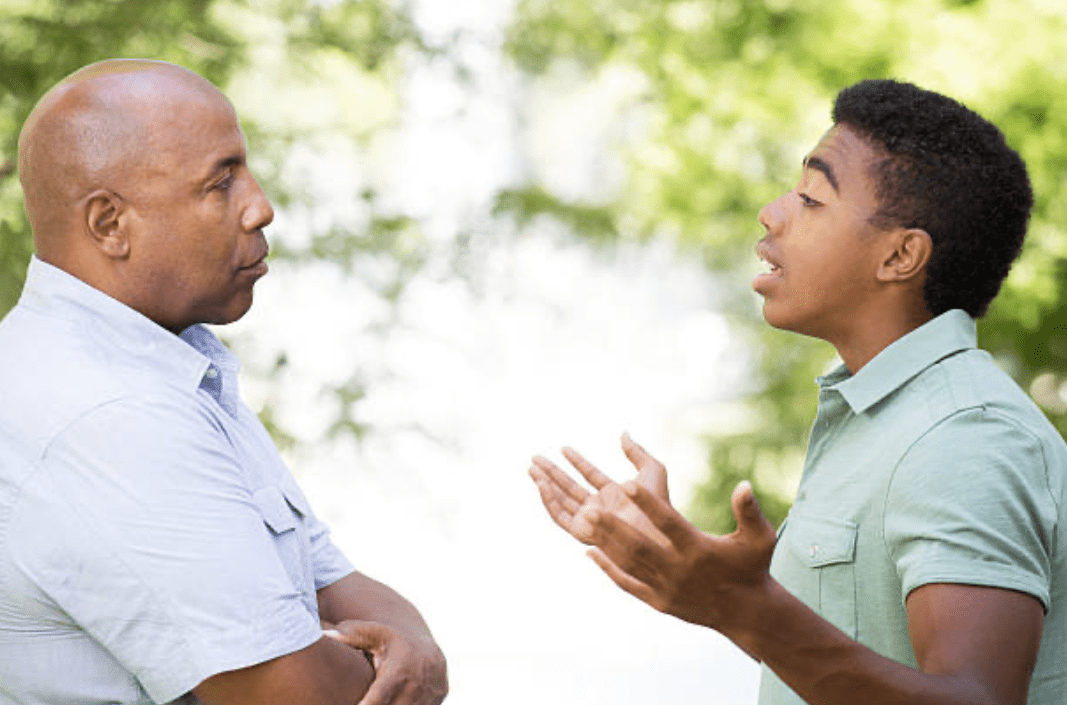Sitting With a Loved One in Their Grief
This article is based on scientific evidence and clinical experience, written by a licensed professional and fact-checked by experts.

Posted: April 12, 2022
Estimated reading time: 4 minutes
In This article
Throughout my time working with clients, I have come to realize that grief is one of the most misunderstood emotions and experiences. The authors of The Grief Recovery Handbook state that “While grief is normal and natural, and clearly the most powerful of all emotions, it is also the most neglected and misunderstood experience, often by both the grievers and those around them.” In a previous article, I wrote on grief with the intent to help and support those who are grieving, my heart with this article is to support those who have a loved one who is grieving.
Be There
It is not uncommon for people to find themselves wanting to know how their friend or family member is doing and wanting to check in but feeling a tension in knowing that the question of “how are you?” feels so insufficient and almost trivial. While this question can feel insufficient, don’t be afraid to ask and then truly listen. The power of presence cannot be overstated when discussing grief. As the title of this article suggests, sitting with someone in their grief, being present, is the most powerful support that can be offered. While words will likely fall short, your listening ear, letting them know you care, and presence will not. In preparing to write this article I asked some of my grief clients what they wish they had from others while at the height of their grief and the most common response was “I would have just wanted someone to listen or someone to just be with me.” If you take anything away from this article, take away the power of presence. As a reminder, grief is about a broken heart, not a broken head, and the heart needs companionship and connection, not words like “they are in a better place” or “At least they are not in pain anymore.”
Be Bold and Remember
Another common response from my clients was they felt as though people were too scared to talk about their loved one. When I was 13 my best friend’s father passed away suddenly. I did not live in the area anymore, but thankfully I was back that summer and was able to be with her during that time. Several year later when I returned to the area for a short period, I was able to reconnect with this friend. I can remember sitting in her car with her and laughing about her dad and a funny memory, she looked at me and said “it’s nice to talk about him. No one ever talks to me about him anymore because they are scared it will make me sad.” This is a sentiment I have heard from many of my grieving clients. My encouragement to you is to share stories and memories. Don’t be afraid to talk about the person who has passed. This can affirm to the griever that their loved was cherished and is remembered.
No Stereotypes
The final point I want to touch on is that grief never looks the same. It is easy for society to want to create a template on how people should grieve when the reality is that there is no one way to respond to loss. Grief is going to look different for each person and that is okay. Don’t impose your belief on how they should grieve on them. Along this same line, each person will progress through their grief at different paces. This means try not to impose your timeline on them. Encourage them, sit with them, let them know you are there. If you become concerned about their grief talk, to them about counseling or support groups and normalize this for them. You could say things like “Grief is so powerful, and it is so normal to need a little extra support during this time” or “You are holding so much right now and having a safe space to process might be helpful.” These statements simultaneously normalize the need for counseling or support groups and can help neutralize any shame a person might have for how they are grieving or their need for support.
Remember, your presence is the most powerful support you can offer to your loved one. And when you feel at a loss of how to support them, ask. The simple act of asking goes a long ways in communicating to them that they are not alone.
Back to topThis article is based on scientific evidence and clinical experience, written by a licensed professional and fact-checked by experts.
About the Author

Emily Hurst
Emily Hurst MS, LPCC, has a Master’s degree from Evangel University. She is a Licensed Professional Counselor Candidate, holding her license in Colorado.
Learn More About EmilyIn This article
References
Share this article
View more articles

Navigating Conflict and Reconciliation with Adult Children: Practical Tips for Parents
By: Danielle Schaefer







